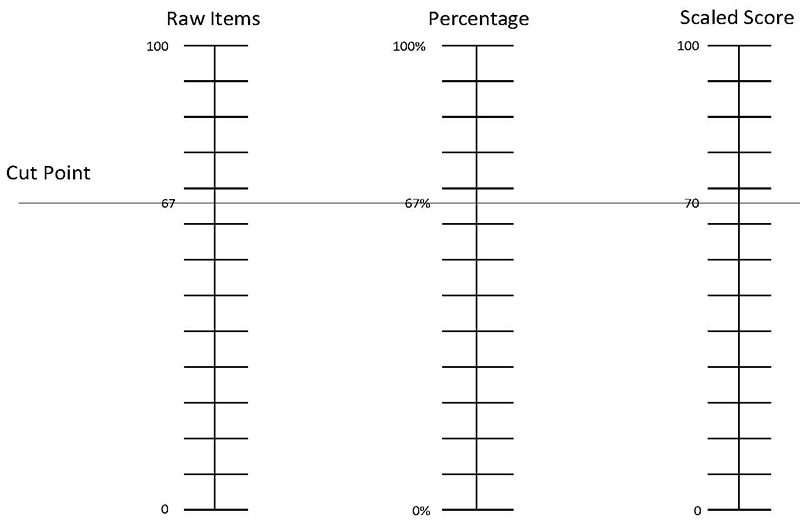Certification
The Certified Senior Advisor (CSA)® Credential


Exam Information
Anyone that enrolls to take the CSA Exam will have 1 year from date of enrollment to pass the exam with a final score of 70 or higher. The fee for applying for the CSA Certification Exam is $320 with a $75 application processing fee, bringing the total cost to $395.
Individuals that do not pass the exam on the first attempt will have to pay a retest fee of $115 for all subsequent exam attempts.
Any individual that exceeds the 1 year exam timeline will have to re-apply for the exam and pay all applicable fees.
Exam Sections
Current Examination Information: The CSA examination consists of 10 Sections and 115 questions relating to social, financial, and medical aspects of aging. Individuals who do not pass the exam will receive a score breakdown, similar information to the current exam blueprint table below, with the candidate's performance in percentages for each section to help focus areas of study. No graded exam or exam answers will be given out under any circumstance. The purpose of the exam is to determine proficiency in areas of aging and is not intended to provide diagnostic feedback.
Examination Information for examinations scheduled prior to December 12, 2024: For examinations scheduled prior to December 12, 2024, the CSA examination consists of 9 Sections and 150 questions relating to social, financial, and medical aspects of aging. Individuals who do not pass the exam will receive a score breakdown, similar information to the prior exam blueprint table below, with the candidate's performance in percentages for each section to help focus areas of study. No graded exam or exam answers will be given out under any circumstance. The purpose of the exam is to determine proficiency in areas of aging and is not intended to provide diagnostic feedback.
CSA Examination Blueprint
Current Examination Blueprint (effective 12/12/2024). A detailed outline can be viewed here: https://www.csa.us/wp-content/uploads/2024-CSA-Examination-Blueprint.pdf.
| SECTION 1 | The Sociology of Aging | 9.0% |
| SECTION 2 | Family and Aging | 7.0% |
| SECTION 3 | Resource and Referral Networks | 6.0% |
| SECTION 4 | Health and Wellness Aspects | 14.0% |
| SECTION 5 | Lifestyle Aspects | 14.0% |
| SECTION 6 | Financial Aspects | 24.0% |
| SECTION 7 | Care Planning for Adults | 9.0% |
| SECTION 8 | Legal Aspects | 3.0% |
| SECTION 9 | End-of-Life Planning | 6.0% |
| SECTION 10 | Ethical Issues | 8.0% |
Prior Examination Blueprint Effective 1/1/2020 through 12/11/2024.
| SECTION 1 | Anthropology and Sociology | 11.9% |
| SECTION 2 | Family and Aging | 11.1% |
| SECTION 3 | Health and Wellness Aspects | 13.3% |
| SECTION 4 | Lifestyle Aspects | 17.8% |
| SECTION 5 | Financial Aspects | 18.5% |
| SECTION 6 | Eldercare Planning | 8.9% |
| SECTION 7 | Legal Aspects | 5.9% |
| SECTION 8 | End-of-Life Planning | 5.9% |
| SECTION 9 | Ethical Issues | 6.7% |
For information on pass rates for the CSA Examination go to Exam Pass Rates for detailed information about the development of the CSA Examination blueprint, download the 2019 Job Task Analysis Report. The changes as reflected in the 2019 JTA Report took effect on 1/1/2020.
Information about Scores, Scaling and Equating
 The Society of Certified Senior Advisors uses a scaled score to report scores on the Certified Senior Advisor Examination. Scaled scores are conversions of scores from one scale to another. An example of two scales you might be familiar with are the temperature scales of Fahrenheit and Celsius. As illustrated, on the Fahrenheit scale, freezing occurs at the temperature of 32° while on the Celsius scale freezing occurs at the temperature of 0°. We don’t really have two different freezing points. We just have two different ways of reporting it.
The Society of Certified Senior Advisors uses a scaled score to report scores on the Certified Senior Advisor Examination. Scaled scores are conversions of scores from one scale to another. An example of two scales you might be familiar with are the temperature scales of Fahrenheit and Celsius. As illustrated, on the Fahrenheit scale, freezing occurs at the temperature of 32° while on the Celsius scale freezing occurs at the temperature of 0°. We don’t really have two different freezing points. We just have two different ways of reporting it.
Certification Bodies frequently use scaled scores to report candidate scores because the actual passing percentage or the number of test questions that a candidate has to answer correctly to pass may change based upon the difficulty of the examination. It wouldn’t be fair to candidates if some candidates had to obtain a 70% to pass on a very easy test while others had to obtain a 70% to pass on a very hard test. Thus the passing percentage is adjusted to account for the differences in test difficulty. Consider the graphic below:

There are three scales in the above example. The raw items scale is the actual number of test items that the candidate must answer to pass. The percentage scale is the raw scale converted to a percentage of the exam that the candidate must answer correctly to pass. And the scale score scale is the scale where the passing score has been converted to another number. To use the scale, let’s say a candidate must answer 67 of 100 test items correctly to pass the exam. This converts to a percentage score of 67%. SCSA would scale that number to a 70. Every score above and below the passing score would also be scaled similarly to a Fahrenheit and Celsius scale.
To pass the SCSA examination, the candidate must obtain a scaled score of 70. The actual passing score (raw score and percent score) was determined using a passing score study on a single form of the examination. The passing score study looked at the characteristics of the examination (such as the difficulty of the test items) and used the methodologies of Angoff and Hofstee in a facilitate group meeting, to establish what the point at which the group of experts felt a score higher would represent knowledge to be competent and a score lower would represent a lack of knowledge to be competent. Subsequent forms of the examination are statistically equated to the first form and the raw score necessary to pass adjusted as necessary.
Diagnostic Score Reports
SCSA provides diagnostic score reports to candidates. The diagnostic score reports provide data regarding the percentage of items correct in each of the domains. Candidates are cautioned about making inferences based on the diagnostic scores due to the fact that there may not be sufficient items in each of the domains for accurate inferences.
Certification
Documents
Class Schedule
More Information
Stay updated with the latest news and information from SCSA.
